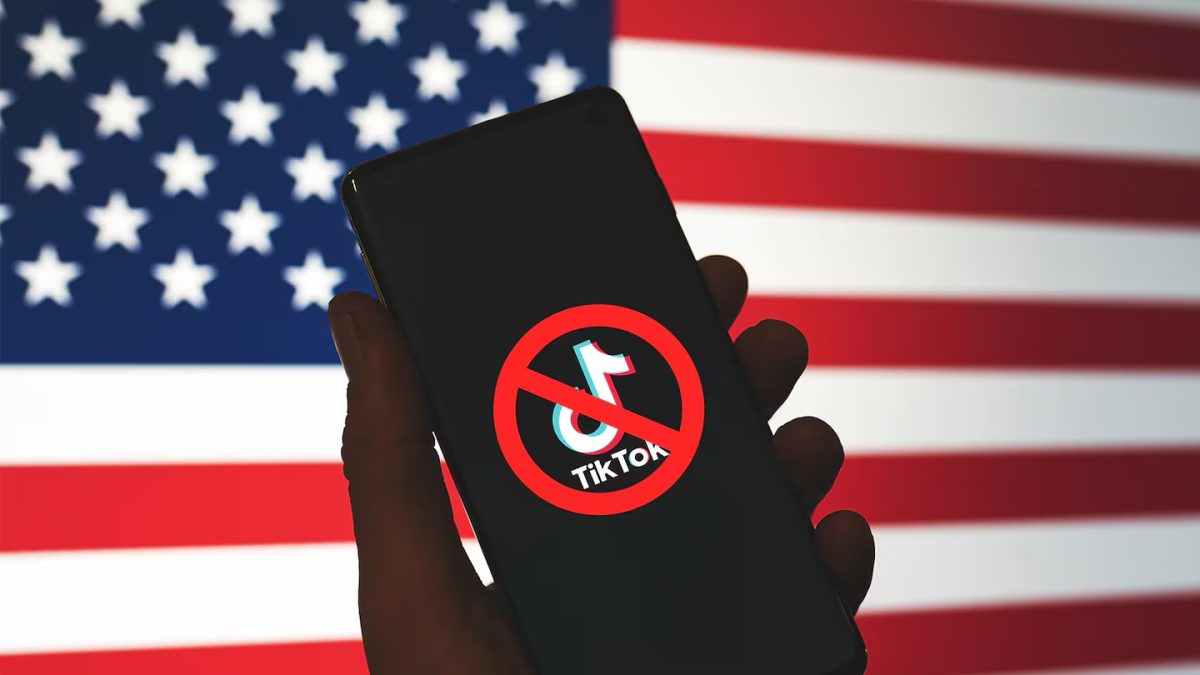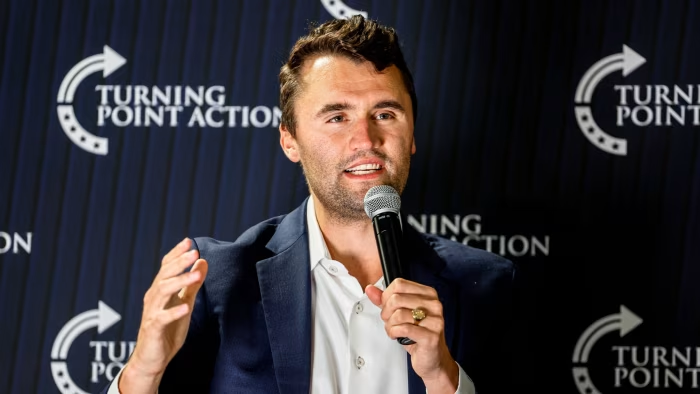The potential ban of TikTok in the United States has been a hot topic recently, stirring up a mix of emotions among users and policymakers. This social media giant, known for its short-form videos and viral trends, has collected a massive user base particularly among younger generations. The possibility of a TikTok ban has resurfaced and the controversy centers around concerns over data privacy and national security, with officials inspecting TikTok’s parent company, ByteDance, which is based in China. Critics, including lawmakers and regulators, worry that TikTok’s user data could be assessed by the Chinese government due to its national security laws. These fears are heightened by ongoing tensions between China and the United States, with TikTok becoming a focal point in their broader competition.
Specific concerns include data privacy, influence operations, and national security. Tiktok collects extensive user data, like location and device details, raising fears of surveillance or misuse. Critics worry its algorithm could manipulate content to serve Chinese state interests. Lawmakers argue that Tiktok’s data poses national security risks, particularly for government officials and sensitive individuals.
Recently, U.S. lawmakers from both parties have pushed to restrict or ban TikTok due to concerns about foreign-owned technologies such as the RESTRICT Act proposals. Several states have already limited TikTok’s use on government devices, citing security risks. Tiktok’s CEO, Shou Zi Chew, was questioned by U.S. lawmakers earlier this year about user data privacy. Although the company claimed data is stored in the U.S. and protected by partnerships with firms like Oracle, many lawmakers remain doubtful.
The U.S. isn’t alone in its scrutiny. Countries such as India have already banned TikTok outright, due to national security concerns. Similarly, the European Union has warned the app to follow strict data protection laws or face potential restrictions. Australia, Canada, and the United Kingdom have also imposed limitations on TikTok on government devices.
If TikTok were banned in the U.S., it would have widespread effects. Millions of users would lose access to a platform for entertainment and connection. Content creators who rely on TikTok for income might struggle to find similar success on other platforms like Instagram reels or Youtube shorts. Businesses that use TikTok for marketing would need to adapt, potentially losing significant opportunities. A ban on a foreign-owned app could start a trend for regulating similar apps, leading to more careful checks on other platforms. This could also influence how tech policies are shaped around the world.
The debate over a potential TikTok ban has sparked a wide range of opinions. Some argue that banning the app is necessary for national security, fearing that its Chinese ownership could lead to data privacy risks. Breyson Palmer, a student at Millbrook High School, said, “We can’t ignore the potential dangers of foreign governments accessing our personal data and information. It’s better to be safe than sorry.” On the other hand, some believe that the ban could be an overreach. Senior Carter Belsky said, “TikTok isn’t just an app; it’s where this generation shares creative ideas and allows for people to connect with one another. Taking it away disconnects millions of people.” Senior Kennedy Stoner added, “We’ve built communities on TikTok, and suddenly removing it would be unfair to everyone who uses it as a creative outlet.”
“If they ban TikTok what’s next?” says Jayden Young, a student at Millbrook. While the possibility of a TikTok ban remains uncertain, the company continues to fight for its place in the market. TikTok has been working hard to influence U.S. lawmakers by pushing for changes and introducing initiatives like “Project Texas”. This project focuses on storing user data within the U.S. and making the company’s operations more transparent to address concerns about security. For users, the best course of action is to stay informed and prepared. Using different platforms and saving important content can help reduce the impact of potential problems. At the same time, the ongoing debate highlights how technology, politics, and international relations are becoming more connected. This mix will likely play a big role in shaping the future of the digital world.














